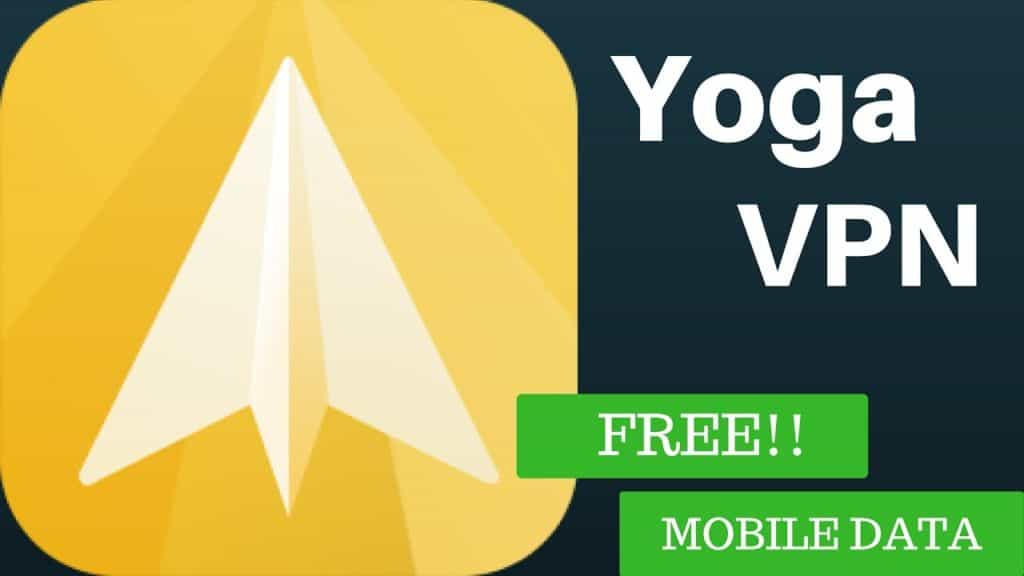VPNs or Virtual Private Networks are the most effective way to browse the net anonymously and access those blocked websites in your region. Android VPN apps are as good as VPNs for desktops and can easily be used on your Android smartphone. However, you need to be careful about which VPN you use. This is because there’s a whole lot of dangerous Android VPN apps out there that will only put your privacy at risk.
So, before you use any Android VPN app, you should know about the app’s normal permissions as well as dangerous permissions. It is Android that will usually grant the normal permissions. When granted, the app will be able to stay awake. This is why still in use or will go online whenever you need it to.
On the other hand, dangerous permissions are the ones that could potentially compromise your privacy. While some of these permissions are harmless, such as when they find your location or verify if there are any Wi-Fi network around, others are actually unnecessary requests.
For instance, they could request to change the settings of your phone, access your phone directory, etc. You definitely don’t want this happening on your smartphone.
So which Android VPN apps could potentially put your privacy at risk?
Attention: Read before you continue
Governments and ISPs across the world monitor their users online activities. If found streaming or browsing content on your Fire TV Stick, mobile or PC, you could get into serious trouble.
Currently, the following information is visible:
- Your IP:
- Your Country:
- Your City:
- Your ISP:
If this is your real information, you need to use a VPN to protect your identity.
We strongly recommend you to get a good VPN and hide your identity so that your online experience doesn’t take a bad turn.
We use IPVanish which is the fastest and most secure VPN in the industry. It is very easy to install on any device including Amazon Fire TV Stick. Also, it comes with a 30-day money-back guarantee. If you don’t like their service, you can always ask for a refund. IPVanish also runs a limited time offer where you can save 74% on your VPN and they allow you to use one account on unlimited devices.
This is a flash sale that can expire at any time!
Read on below for a list of dangerous Android VPN apps that abuse permissions:
1. Hola Free VPN

A few years ago, Hola showed malware-like behavior after the company founder admitted to reselling the idle bandwidth of any user who used their service. That should already serve as a caution to anyone considering to use this free VPN service. It doesn’t ask permission before accessing your phone state data. This is why we believe it’s one of the most dangerous Android VPN apps out there.
Ofer Vilenski, the company CEO, has admitted to harvesting bandwidth from users. But he insists that this is normal for the nature of their service. He further added that since Hola is a P2P network, they assumed that people are open to sharing their bandwidth with the community in order to take advantage of the free service.
However, security experts warn that Hola is not a safe and secure VPN to use. They believe that it works as a web proxy service that’s unencrypted.
2. Yoga VPN

With six dangerous permission requests, it’s easy to see why Yoga VPN is on this list. These requests include accessing your phone state in order to find out your mobile number, cell network, and calls you made. This is somewhat shady and completely the opposite of what they have stated on their privacy policy page. According to the policy, they don’t collect any personal information.
While Yoga VPN is free to use, the risk is just not worth it. This is why should think twice before using free VPNs. Furthermore, there’s not enough information about the company behind Yoga VPN. No one knows where the company’s headquarters are and which country they are based on. If you don’t want to compromise your privacy, you better avoid Yoga VPN at all costs.
3. oVPNSpider

Unlike the other VPN apps on this list, oVPNSpider doesn’t access your call logs for you to use it as a VPN. They will not access your exact location or change your phone settings. It will not do any of these. In fact, the app has earned a good rating of 4.5 on Apple’s app store and a 4-star rating on Google Play. So, you might be wondering why we’ve included it on this list of dangerous Android VPN apps.
This is because it’s one of those VPN apps with DNS leaks, a security flaw that’s common in cheap VPN providers. What it does is reveal your browsing traffic to ISPs. It was also discovered that oVPNSpider tests positive for adware and malware.
Of course, we tried to reach out to oVPNSpider for a comment, but they are yet to respond.
4. proXPN VPN

Another popular Android VPN app is the proXPN VPN, which is known to provide users with unlimited data transfer plus non-stop connection time. Although this VPN has a zero-log policy, this will only be for two weeks, which is why it’s included on this list of dangerous Android VPN apps, not to mention the fact that they are based outside of the United States.
Remember that VPNs that are not located in one of those countries that the intelligence community calls the “Five Eyes” must be avoided. These five countries are the US, UK, Australia, New Zealand, and Canada. These countries are serious about their commitment to protecting your privacy. They have openly called for an end to data piracy.
Aside from the fact that proXPN is based out of the United States, it’s not known where exactly they are from. In fact, it’s not clear if the company is still in operation. According to Google Play, there was no app update since 2017.
Furthermore, the company’s Twitter account has been inactive since 2018. Not only that, but the security certificates of its website have already expired. What’s even more alarming is the growing number of user complaints.
Many users complained that they weren’t able to connect. They don’t even have a way to reach out to the company for support since the customer support phone numbers are not working.
However, the head of customer and technical support team, Ian Kline, says they are continuously assisting customers through the company’s Facebook page. They also respond to emails.
Conclusion
Now that you know why you should avoid all the VPN apps above, which ones should you trust? Our favorite so far is IPVanish. We love the fact that they have a strict no-log policy. Plus, they have a wide range of servers around the world. It’s really worth giving IPVanish a try. They accept various payment methods, including Bitcoin.
Aside from IPVanish, there could be other Android VPN apps out there that you can trust.
Feel free to share any VPN app you believe can be trusted in the comments down below. And if you know of any other dangerous Android VPN apps out there, please share them as well.

